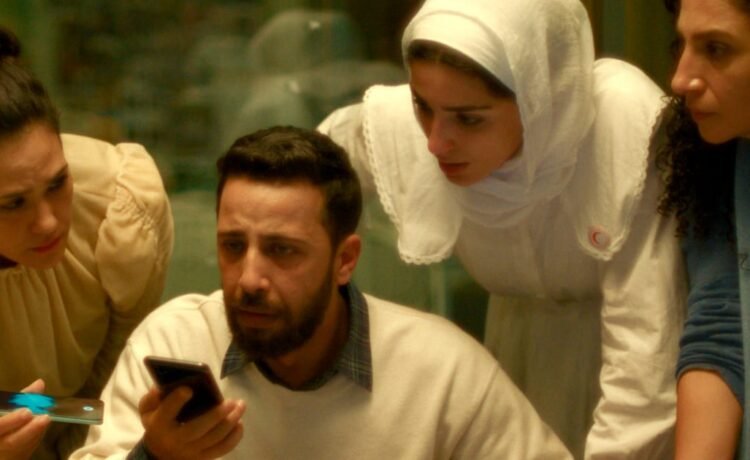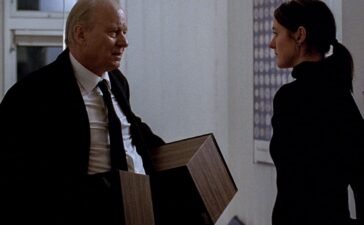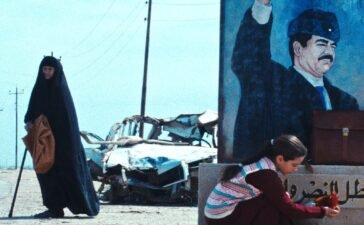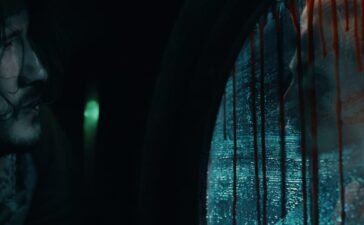
This is a near impossible film to review. In a world flooded with propaganda and misinformation about the genocide in Gaza, Kaouther Ben Hania’s film speaks with radical honesty and its filmmaking merits feel of powerful consequence. Even setting aside its subject matter, it is an astounding feat of dramatising real events with an eye on the cinematic, yet it delivers such a punch to the heart that one hesitates to recommend it without qualification.
This was the debate I found myself in the moment the credits rolled. My grandmother, who at 91 still spends her weekends pounding the Yorkshire pavements to call for a free Palestine, phoned while my cheeks were still wet with post-screening tears. When I told her about the film, she said she wanted to see it. I could only reply that unless she was feeling particularly open to devastation, she must not. And yet, with time, as my tears dried into a salty residue, my perspective has shifted. I now would urge anyone to watch this masterwork, because if people in Gaza can endure the atrocities of the IDF and still face the next day, the least we can do is bear witness to art that testifies to their struggle.
Get more Little White Lies
Coming from the extraordinarily talented Ben Hania, whose last two films – the political drama The Man Who Sold His Skin and experimental documentary Four Daughters – both earned Oscar nominations, this story blends the two and unfolds on a cold January day in Palestine. The offices of the Palestinian Red Crescent ambulance service in the West Bank receive a call: a car carrying a family in North Gaza is under siege. Before long, the vehicle is riddled with 355 bullets, and a five-year-old girl named Hind Rajab is the sole survivor. For hours she pleads for an ambulance while trapped among the corpses of her family. The nearest one is just eight minutes away, but it cannot move into the restricted zone without clearance from the IDF – the very forces who have just slaughtered Hind’s loved ones.
For those who followed the news at the time, the outcome is known. But to watch it play out under Ben Hania’s gaze is to experience an agonising spiral into darkest depths of Hades. Even a terrified little girl, whispering into the phone and begging not to be left alone in the dark, becomes a target of a depraved military machine.
Part of the film’s unbearable power is its immediacy: these events happened in early 2024. In years to come, the sadism inflicted on Hind may come to be remembered as part of a turning point in a historical arc that bends towards moral goodness – a moment that forced the world to eventually confront the horrors of Gaza’s genocide, but in the present it feels that such cruelty has only become more normalised, and Ben Hania does not allow distance or detachment. She folds real photographs, audio, and even members of the Red Crescent into the drama, blurring reality and fiction in cinematic flourishes that are truly ingenious.
As cinema, The Voice of Hind Rajab is formally extraordinary, superbly acted, beautifully shot, and shaped and edited with rare urgency. But its purpose is not primarily aesthetic. It is testimony, unflinching and deliberate, backed by a filmmaking elite that includes Joaquin Phoenix, Jonathan Glazer and Brad Pitt among its many executive producers. Hind Rajab’s story is almost too terrible to face, yet this film demands we bear witness.






